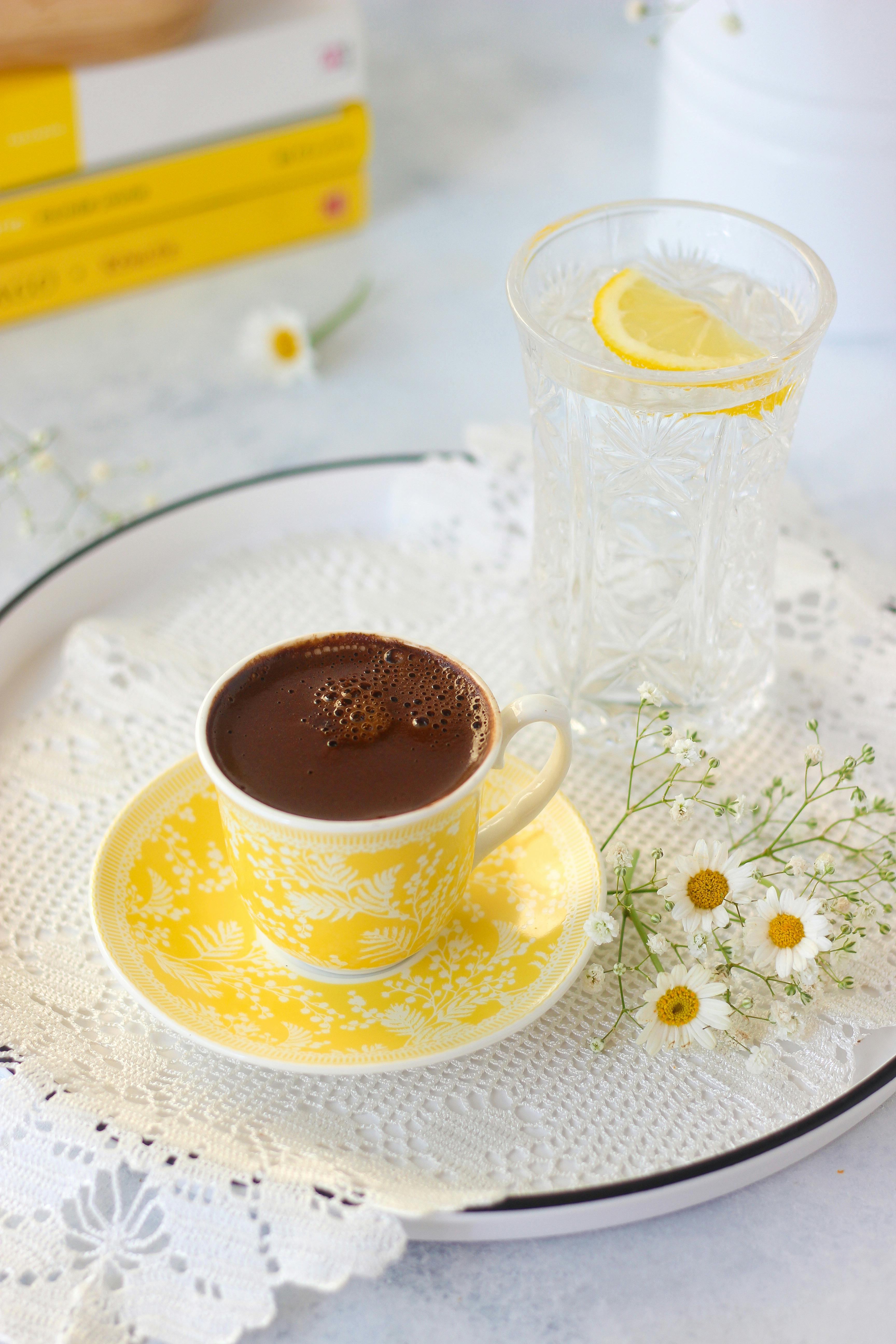Effective Ways to Clean a Burnt Pan: Essential Tips for 2025

Apply Now


Effective Ways to Clean a Burnt Pan: Essential Tips for 2025
Burnt pans can be a frustrating sight after cooking, but they don't have to be a permanent issue. Understanding how to clean burnt pans is essential for maintaining your cookware's longevity and ensuring a hygienic kitchen environment. Over time, food residue and burnt stains can accumulate on your pots and pans, making them less effective and even affecting the taste of your food. Fortunately, there are various effective cleaning hacks and methods to remove burnt food and restore your cookware. In this article, we’ll explore several techniques, including the baking soda method, vinegar solution, and various abrasive scrub techniques to help you scrub your pan clean. We’ll also discuss eco-friendly cleaners and safe cleaning products, ensuring you can tackle burnt residue without harsh chemicals. Whether you have stainless steel, cast iron, or non-stick pans, we will cover specific care tips to keep your cookware in excellent condition.Understanding Why Pans Burn: The Importance of Preventive Measures
Before diving into cleaning strategies, it's crucial to understand why food can burn onto your pans in the first place. Burning can occur due to various reasons, such as using the wrong heat settings, not stirring food frequently, or leaving the pan unattended. This knowledge not only helps you in cleaning but also aids in avoiding burnt pans in the future. Incorporating proper cooking techniques is vital. Here are some tips to prevent burns: - Always start at a lower heat and gradually increase as necessary. - Use enough oil or butter to create a barrier between the food and pan surface. - Stir food regularly, especially when it contains sugars that tend to caramelize quickly. By adopting these techniques, you can minimize the incidence of burned pans, making cleanup easier and maintaining your cookware in good shape for many meals to come. Image:Practical Techniques for Removing Burnt Food from Cookware
Once you find yourself with a burnt pan, several cleaning strategies will help restore it to its original condition. With various methods available, you can choose what works best for the type of cookware you possess.Baking Soda Method: A Safe and Effective Technique
The baking soda method is one of the most popular and effective ways to clean burnt pans. Baking soda acts as a gentle abrasive, making it safe for cleaning without scratching surfaces. 1. Sprinkle baking soda generously over the burnt areas of the pan. 2. Add a small amount of water to create a paste. 3. Let it sit for at least 30 minutes, allowing the baking soda to penetrate and lift the burnt residue. 4. Use a non-abrasive sponge to scrub the pan gently, focusing on the stubborn spots. 5. Rinse the pan thoroughly and dry it. By using this eco-friendly cleaner, you can effectively tackle burnt residue while being kind to the environment.Vinegar Solution: Harnessing Acidic Power
Another effective method for burnt pan cleaning involves vinegar, known for its natural acidic properties that can break down food particles and grease. Here’s how to utilize it: 1. Pour equal parts of water and white vinegar into the burnt pan. 2. Bring the mixture to a boil over medium heat, which helps loosen the burnt food. 3. Once boiling, reduce the heat and let it simmer for about 10-15 minutes. 4. After simmering, turn off the heat, and allow it to cool slightly. 5. Scrub the pan gently with a sponge before rinsing it clean. The combination of vinegar and heat effectively transforms stubborn stains into easier-to-remove residues.Advanced Methods: From Salt Scrubs to Hot Water Soaks
Building on the fundamentals of burnt pan cleaning, there are also more advanced techniques tailored to specific types of cookware.Salt Scrub Technique: An Abrasive and Natural Solution
Using salt as a cleaning agent is another practical method to tackle burnt pans. Salt works as a natural abrasive, effectively scrubbing away burnt particles without damaging the pan's surface. To use the salt scrub technique: 1. Generously sprinkle salt over the burnt area while the pan is still warm. 2. Use a damp sponge or cloth to scrub the salt into the burnt stains. 3. Wash the pan normally afterward. Salt is not only a great abrasive but also is readily available in your kitchen. Image:
Hot Water Soak: The Gentle Approach
Sometimes, a straightforward soaking technique works wonders. Soaking allows the burnt residue to lift off without excessive scrubbing. 1. Fill the burnt pan with hot water and add a few drops of dish soap. 2. Let it soak for several hours or overnight, providing ample time for the burnt food to loosen. 3. After soaking, use a sponge to wipe away the residue with minimal effort. This method is especially effective for non-stick and enamel-coated pans, preventing potential damage to their surfaces.Restoration Techniques for Specific Cookware Types
Different types of pans require particular care methods for effective cleaning and maintenance, ensuring their longevity.Stainless Steel Care: Pro Tips for Sparkling Results
Stainless steel pans can be particularly stubborn when it comes to burnt stains. However, with the right techniques, they can shine like new. - Use a specialized stainless steel cleaner for tough burnt on residues. - For minor burns, try the vinegar method, followed by a thorough wash with dish soap.Cast Iron Cleaning: The Art of Seasoning
Cleaning cast iron requires care to maintain its seasoned surface while effectively removing burnt food. 1. Avoid soaking your cast iron in water for extended periods; instead, scrub freshly with a little hot water and a stiff brush right after cooking. 2. If the residue is tough, sprinkle coarse salt and scrub gently. 3. After cleaning, dry the pan completely and apply a thin layer of oil to preserve the seasoning. This maintenance will keep your cast iron cookware in top condition while preventing rust.Kitchen Cleaning Strategies: Quick Tips for Everyday Use
It's essential also to incorporate daily kitchen cleaning strategies to keep your pans and cookware clean and ready for use at all times.Utilizing Eco-Friendly Cleaners: The Green Approach
Using natural cleaning solutions not only promotes a safer kitchen environment but also protects against harmful chemical exposure. Many eco-friendly products are effective alternatives for commercial cleaners. - Baking soda, vinegar, and lemon juice create powerful cleaning combinations. - Encourage yourself to seek out non-toxic cleaners specifically designed for kitchenware. These methods contribute to a healthier cooking environment while ensuring cleanliness. Image: